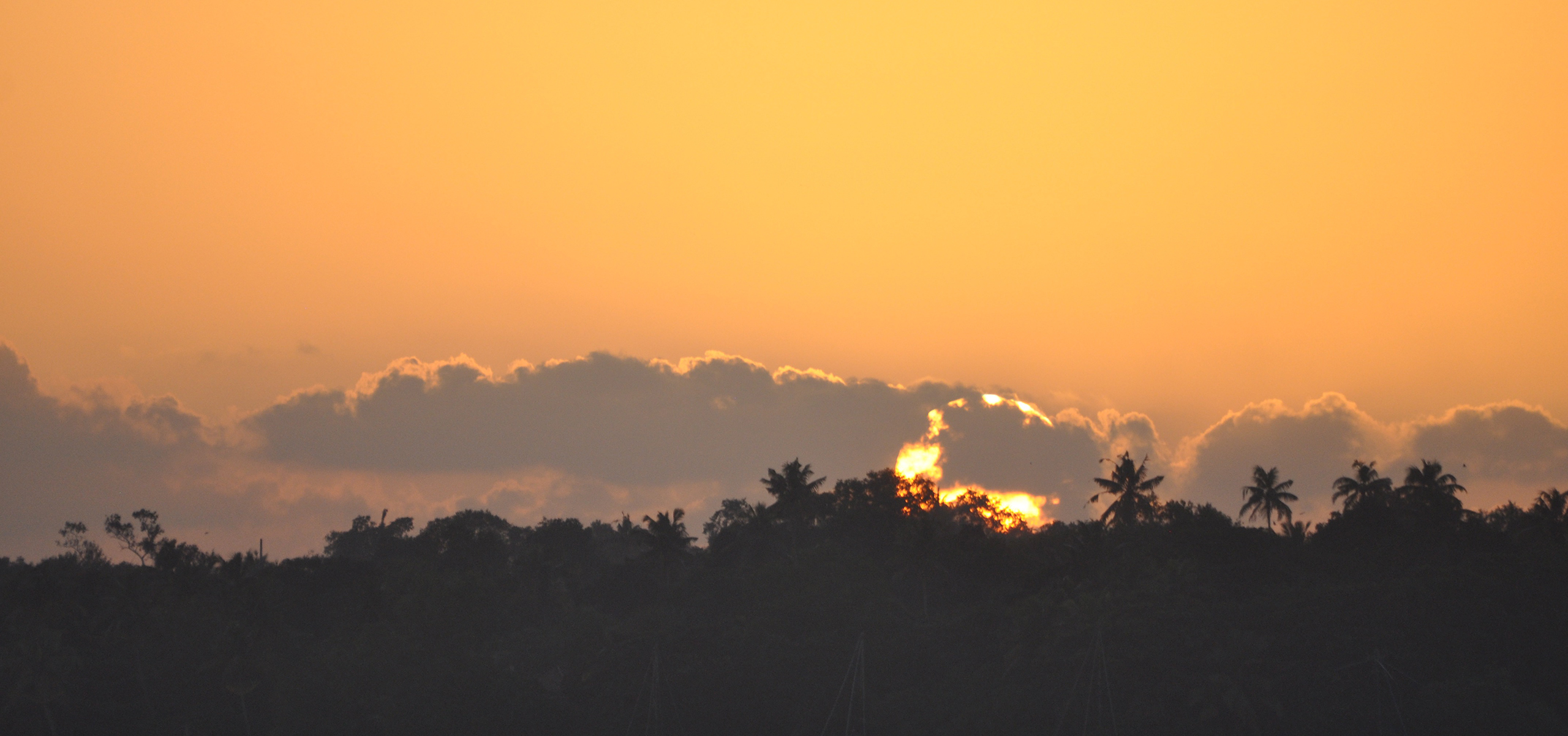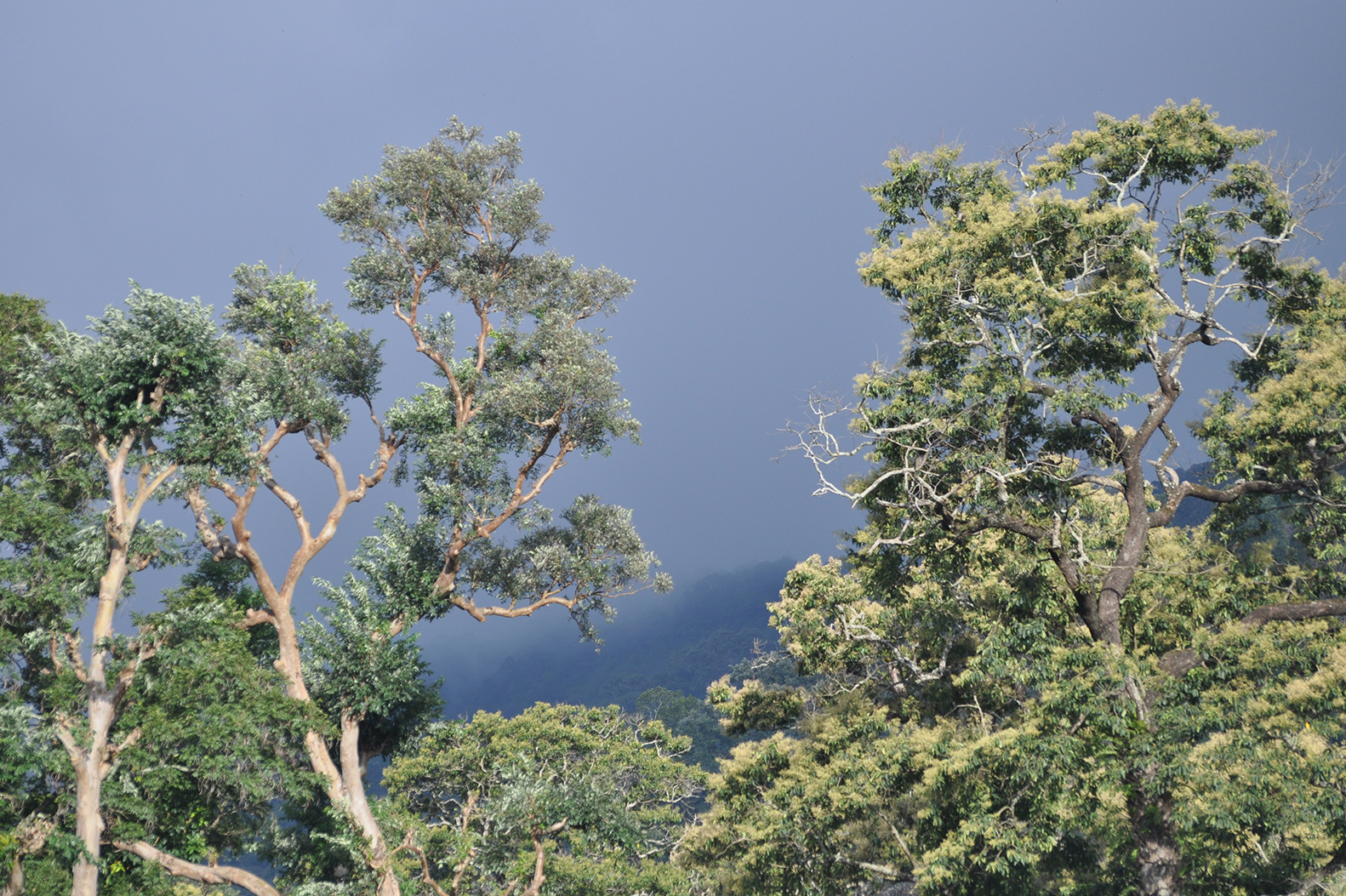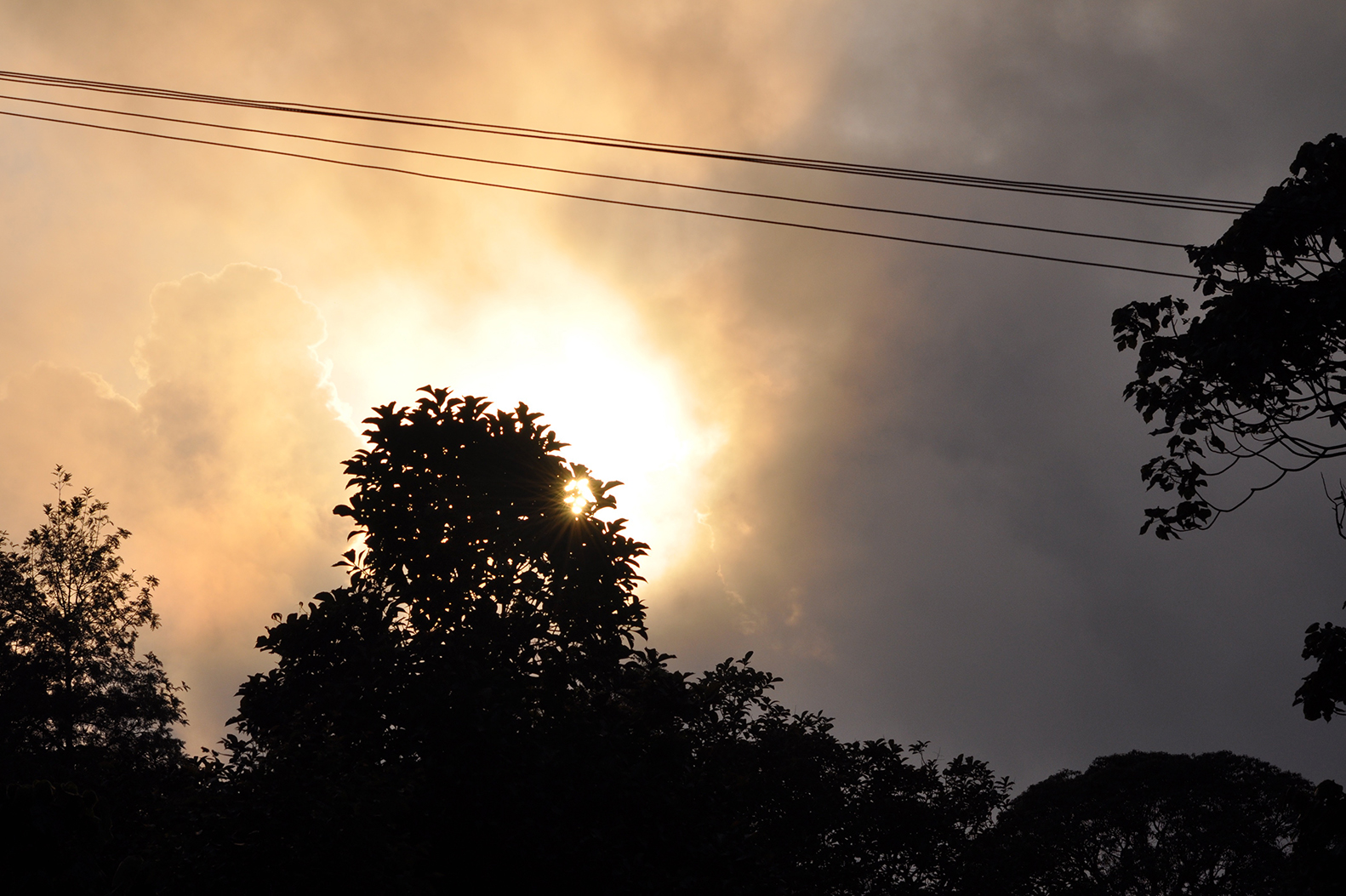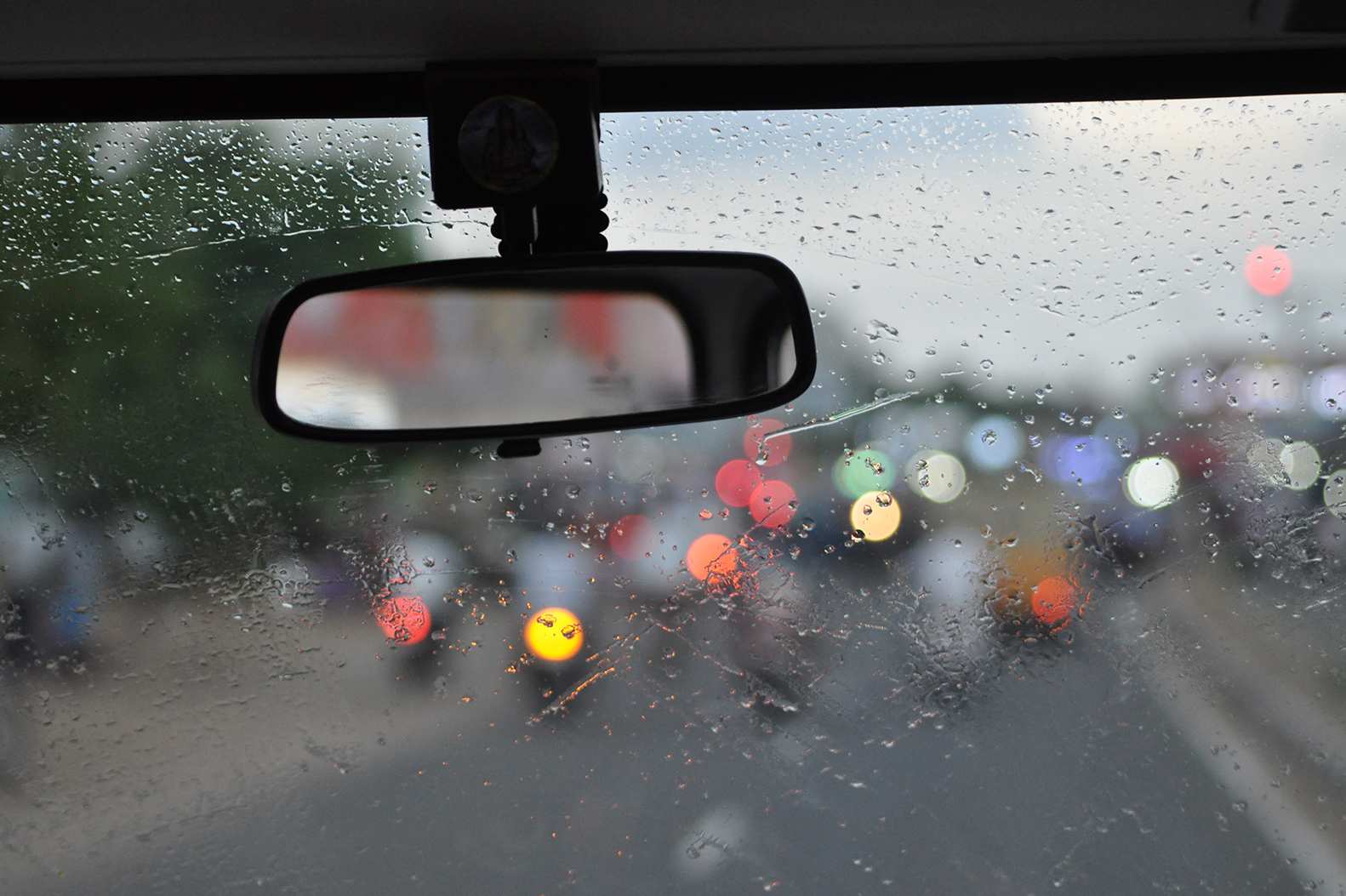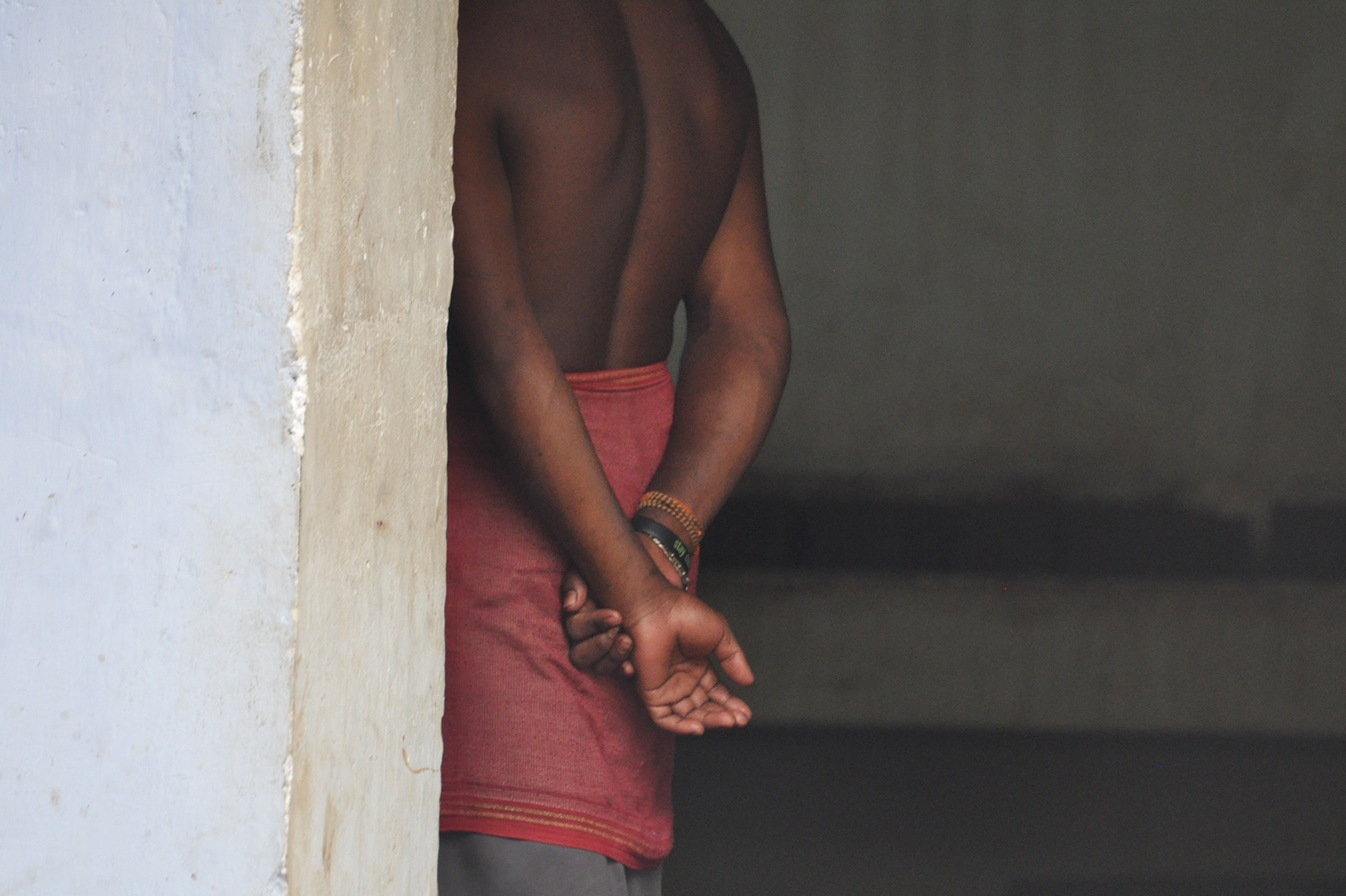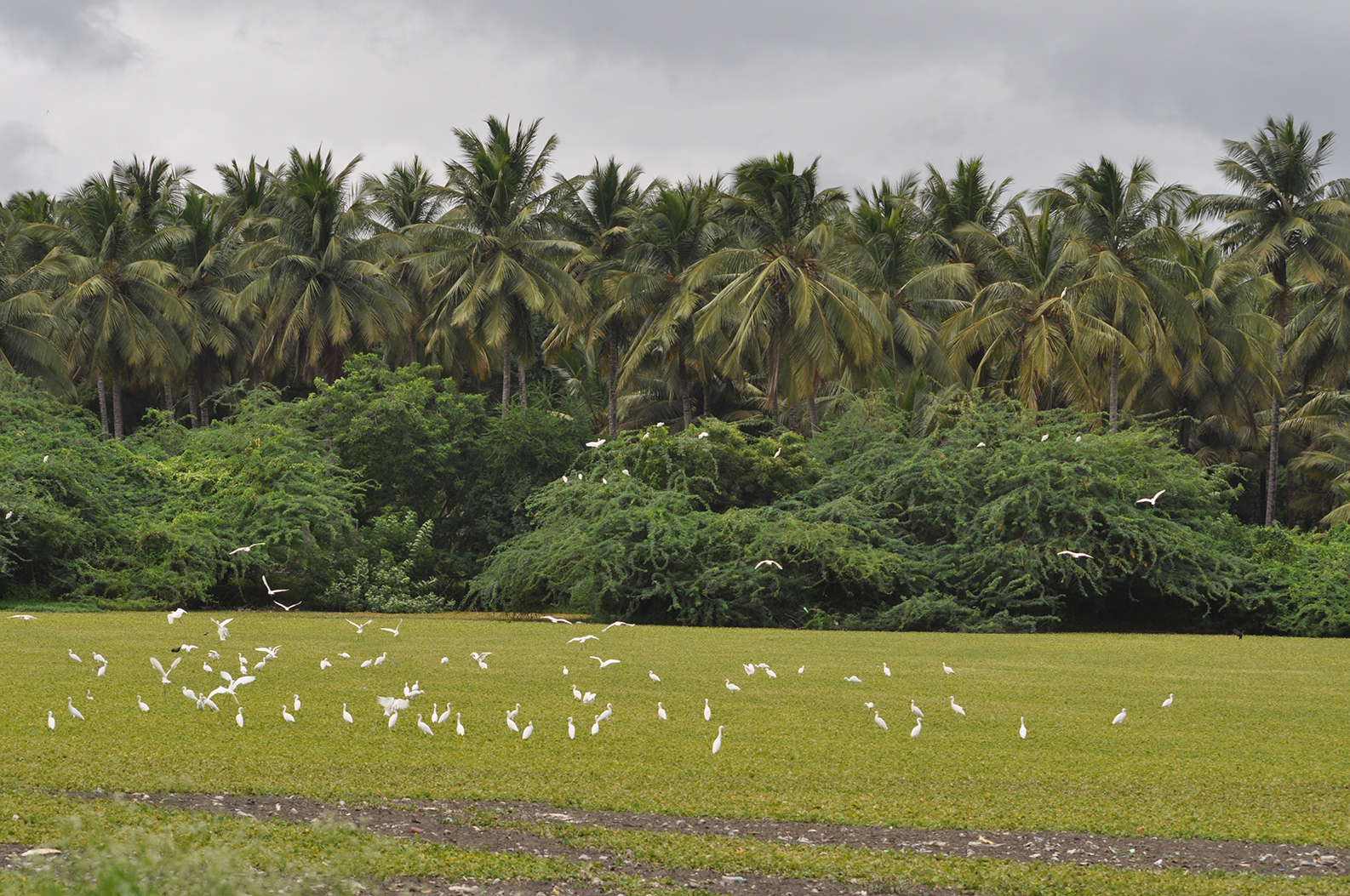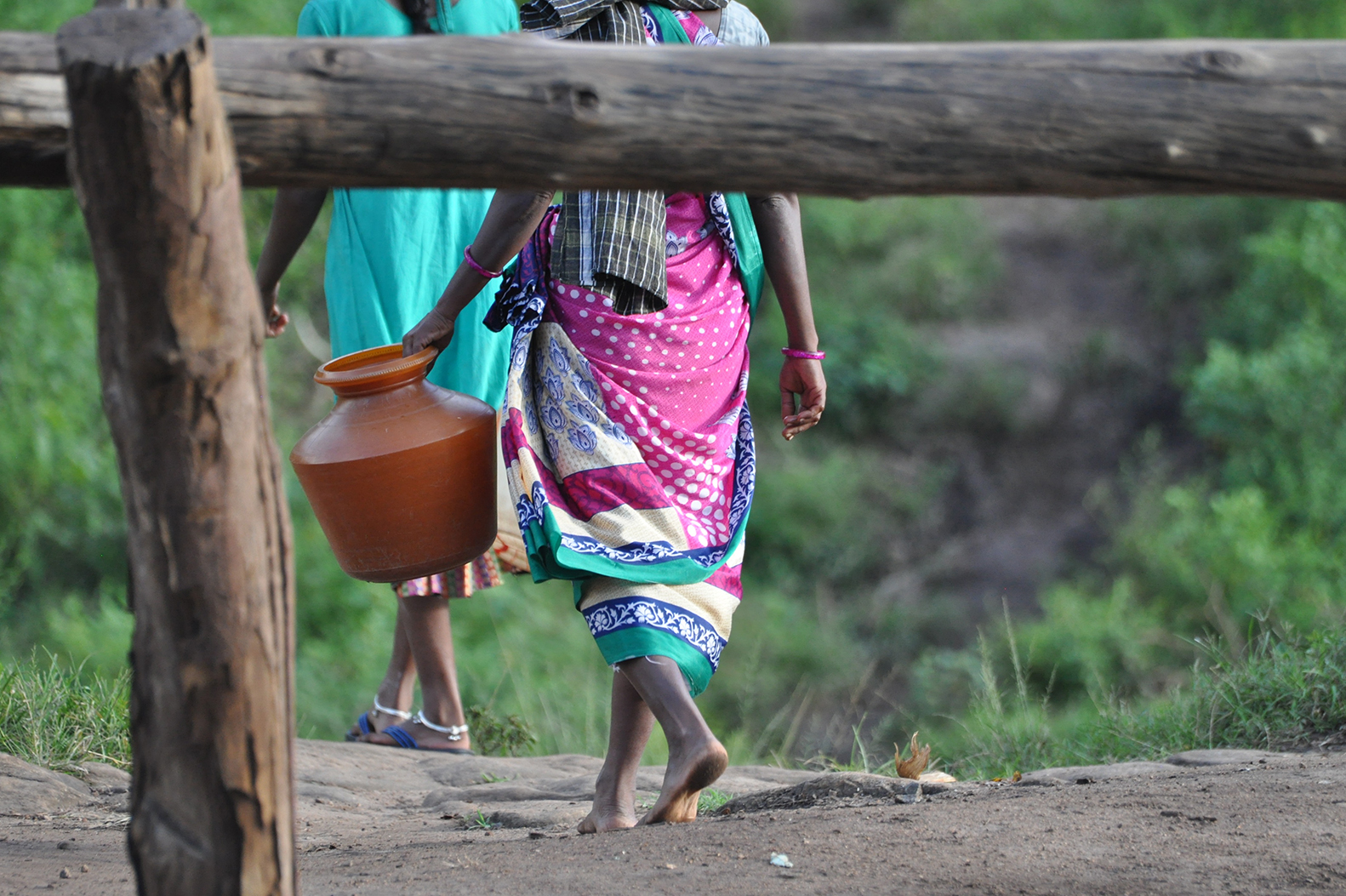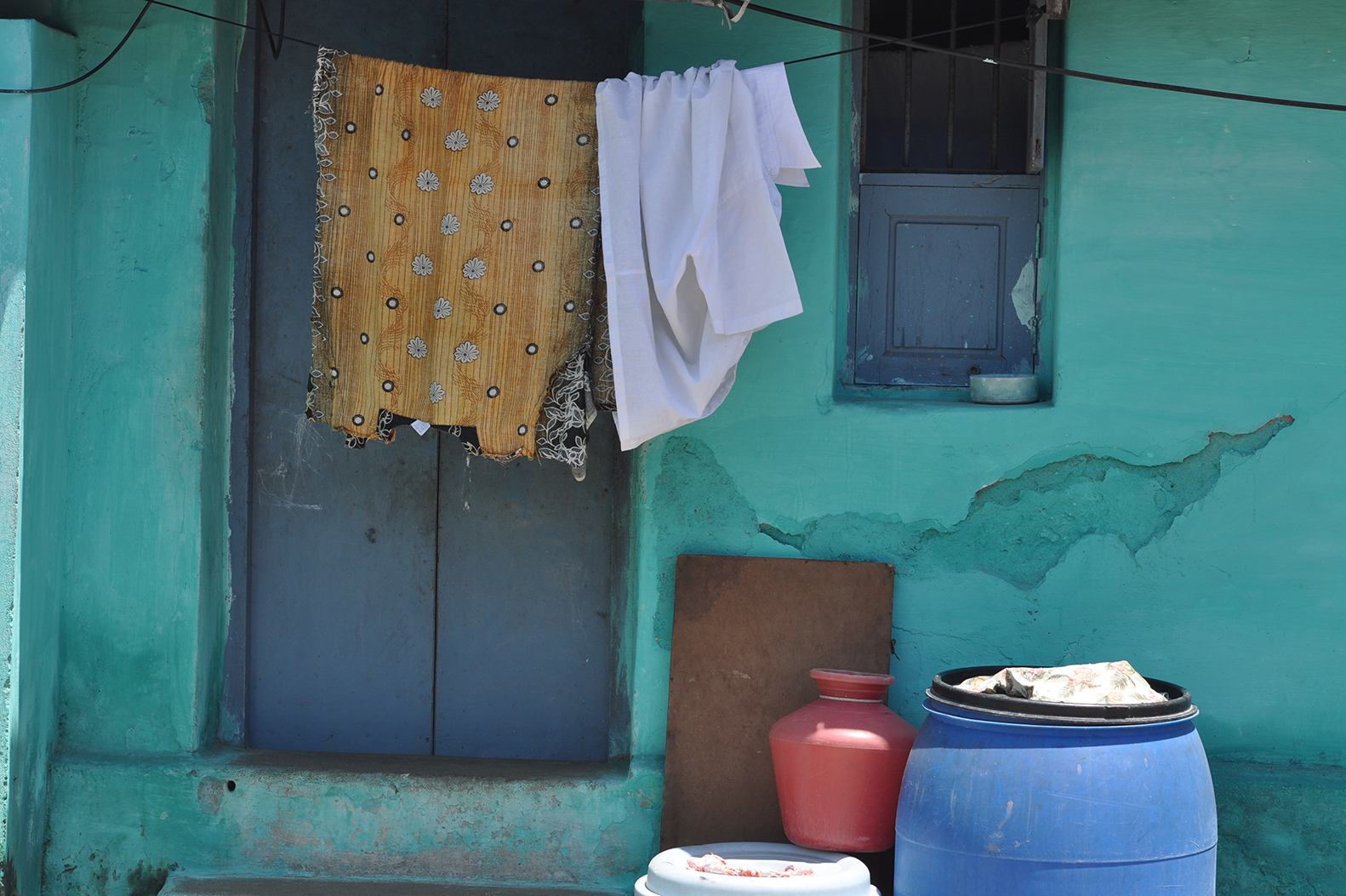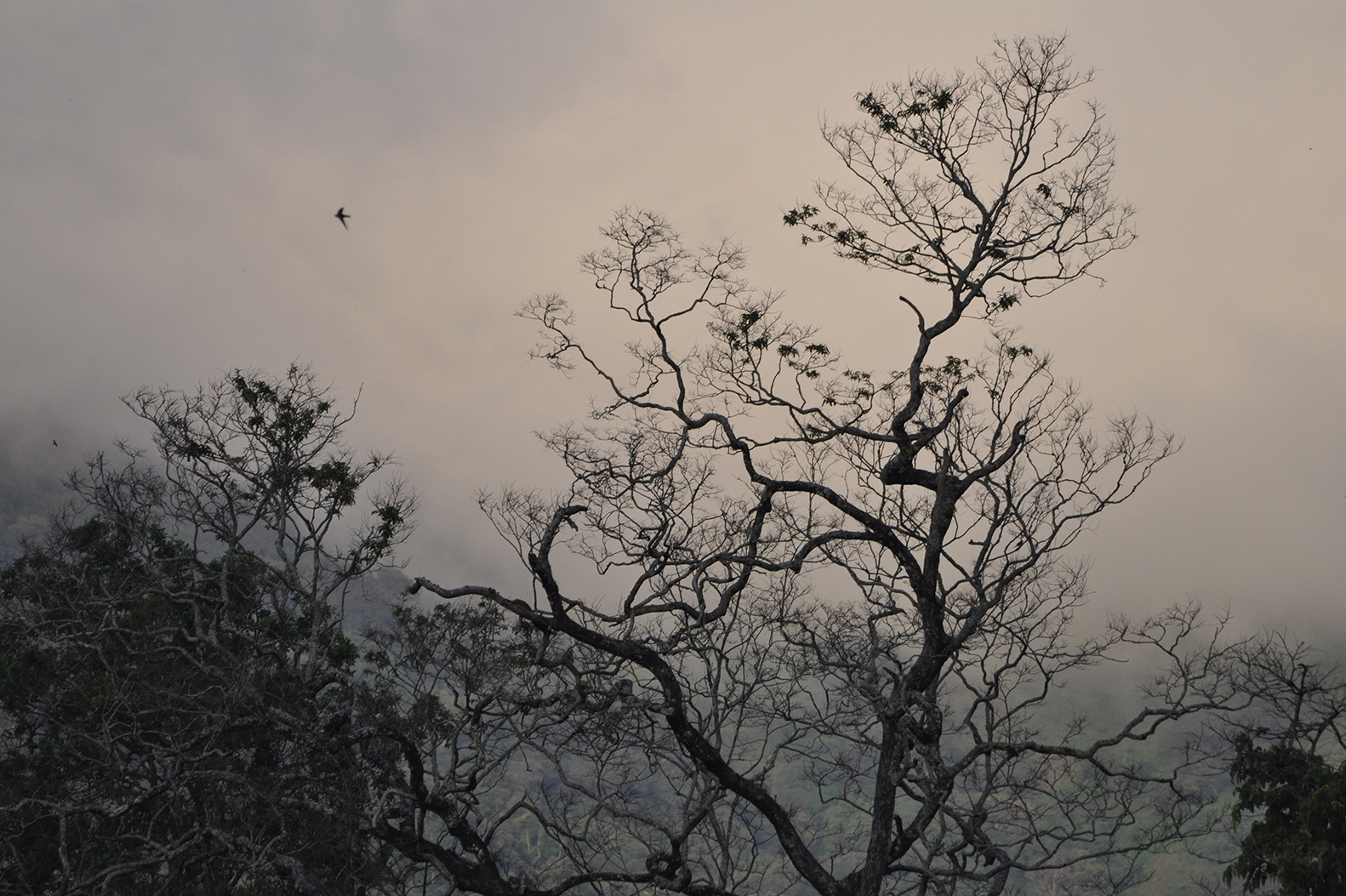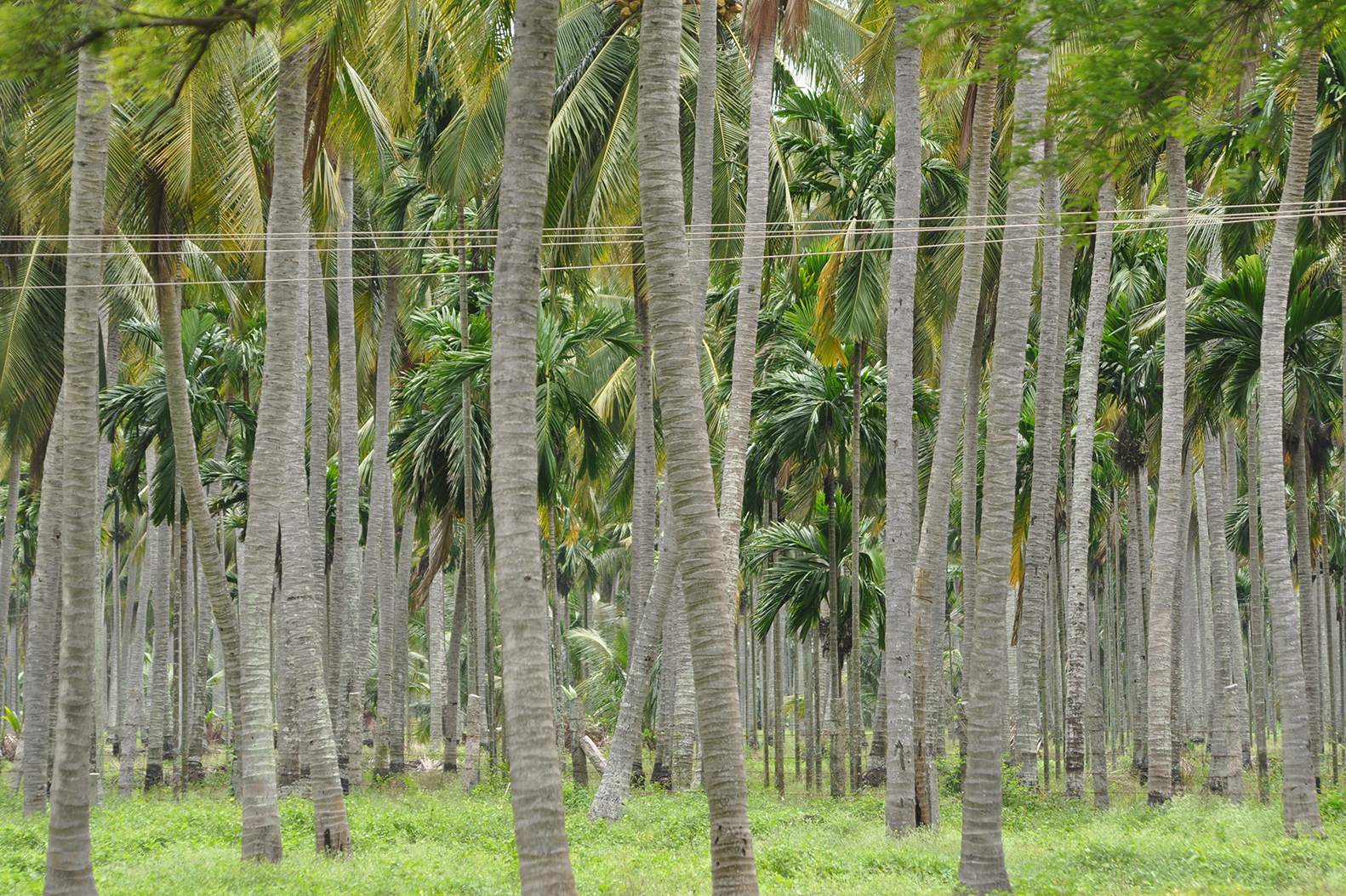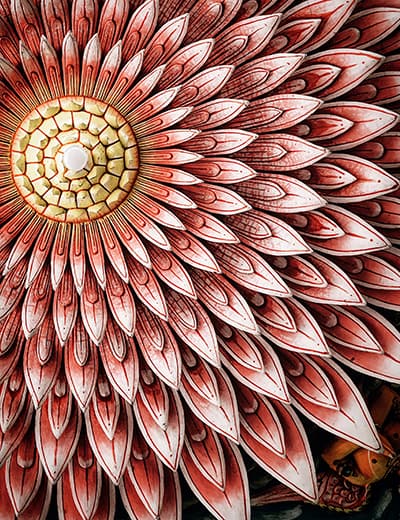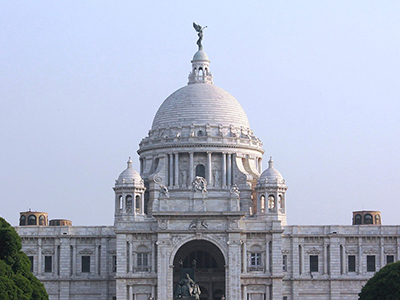
Calcutta for the first time
When we went to Calcutta for the first time, we were a bit fearful, reducing the West Bengali capital to a...
Narrative • East India
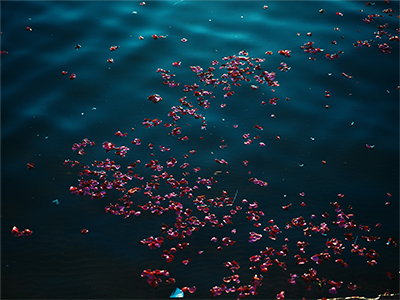
Seeking the Sacred
To seek the sacred in India is a labyrinth that leads nowhere and everywhere. It is not something confined to religious spaces and minds but is an everyday affair for the people of India...
Narrative • North India
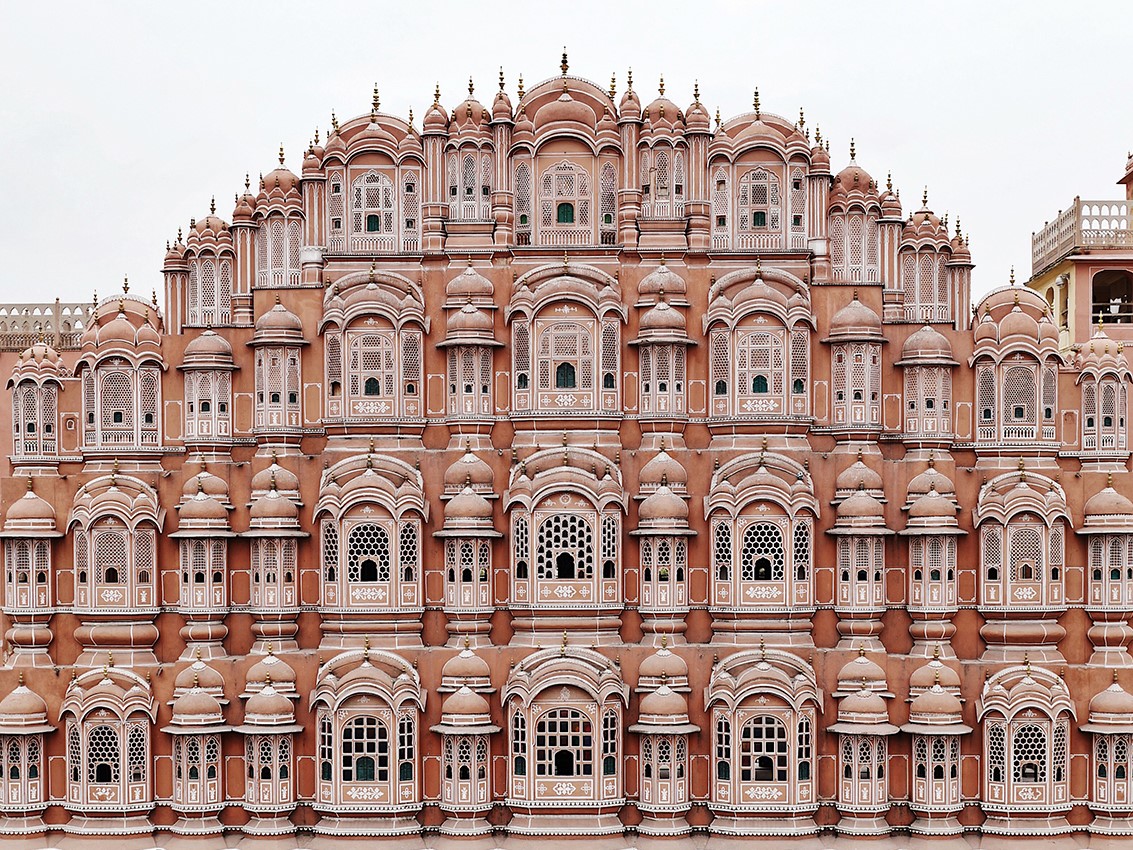
In the Land of Palaces and Kings
This journey explores the rich Rajput and Mughal heritage exemplified by the resplendent architecture of North India...
Bespoke Journey • North India
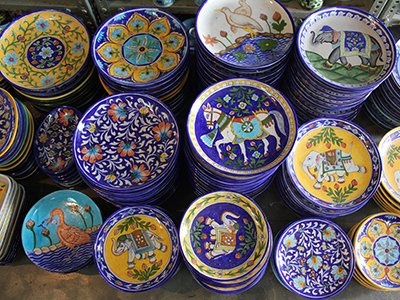
Where Art is Made
This journey explores the many handicraft traditions ranging from pottery to textiles in the states of Rajasthan and Uttar Pradesh...
Bespoke Journey • North India
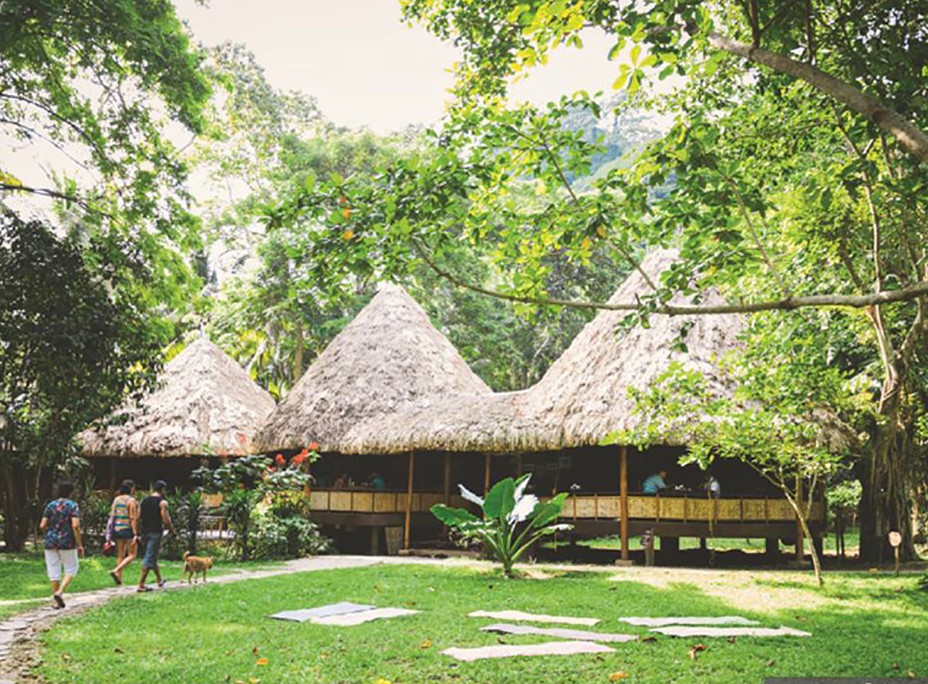
Barefoot
White sandy beaches separate crystal clear azure waters from lush curtains of rainforest green...
Hotel Guide • South India

The Abode of Dreams
I landed in Mumbai early in the morning and the city’s daily rhythm was already underway. It was already wide awake and its urban charm...

